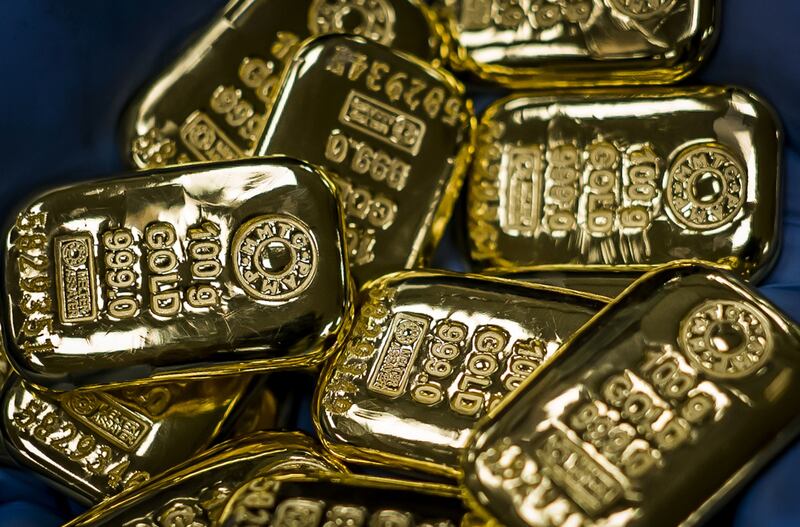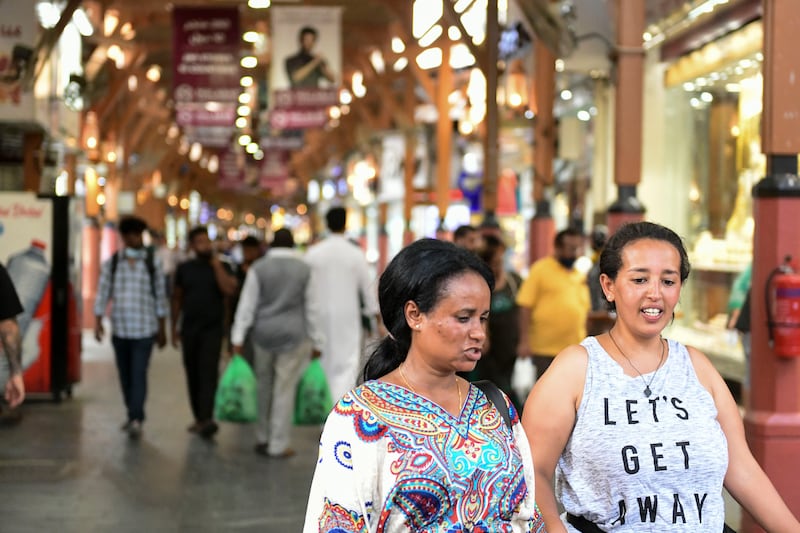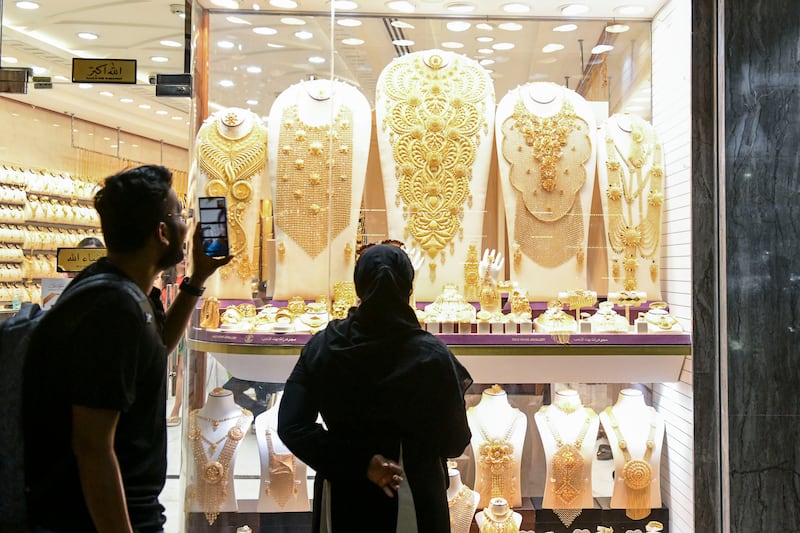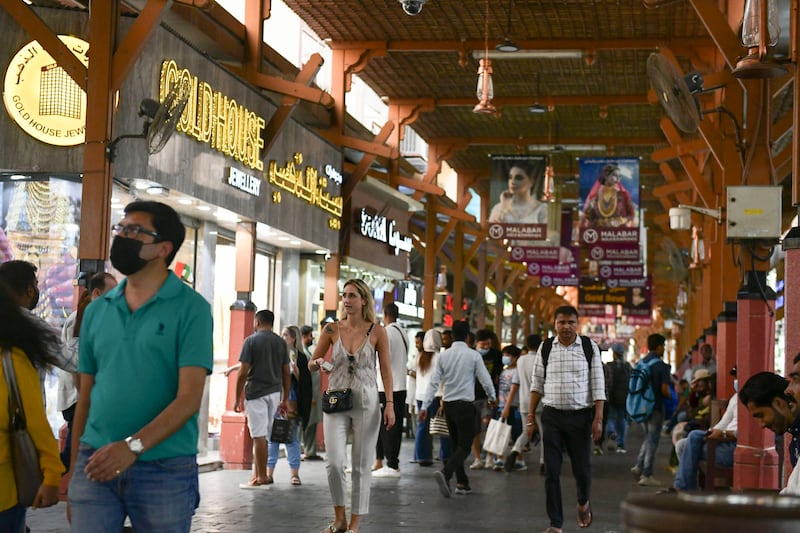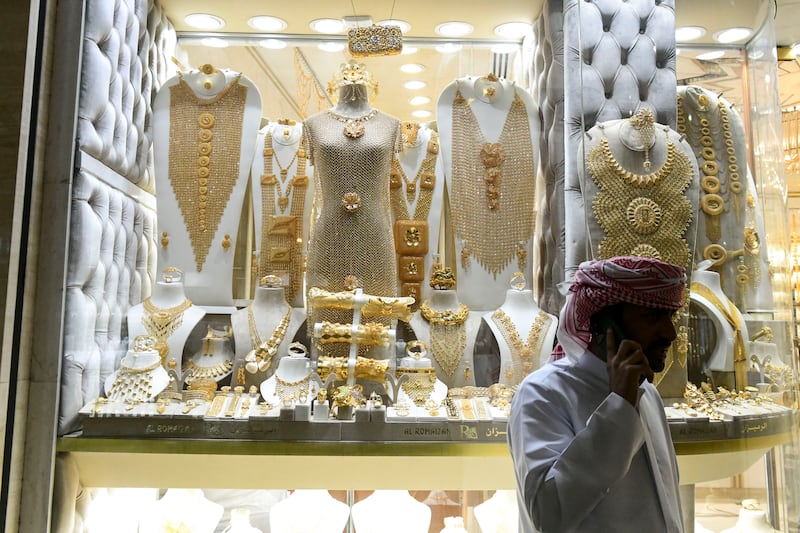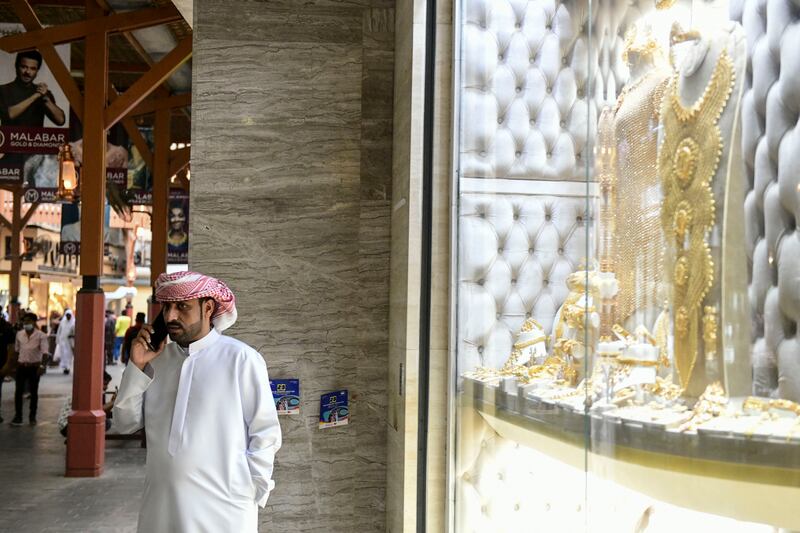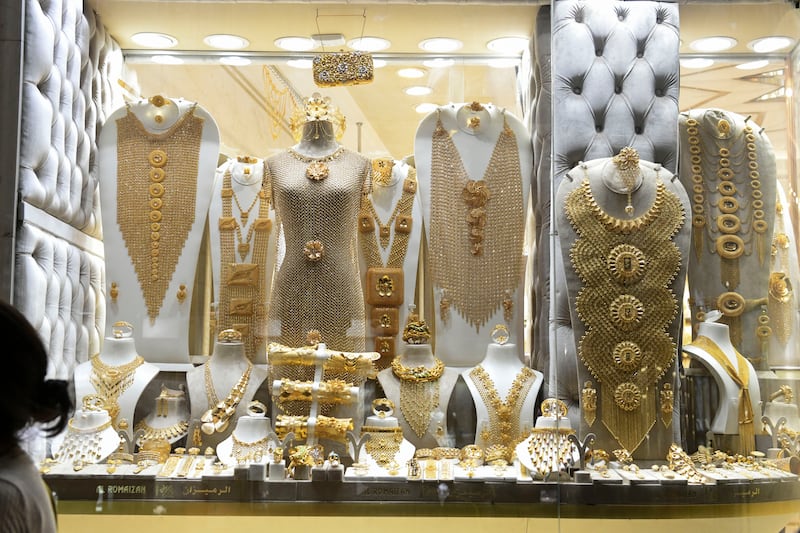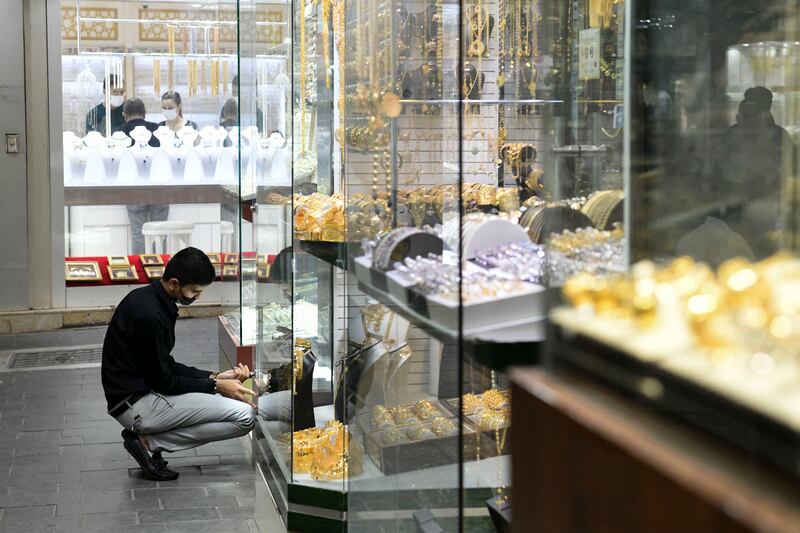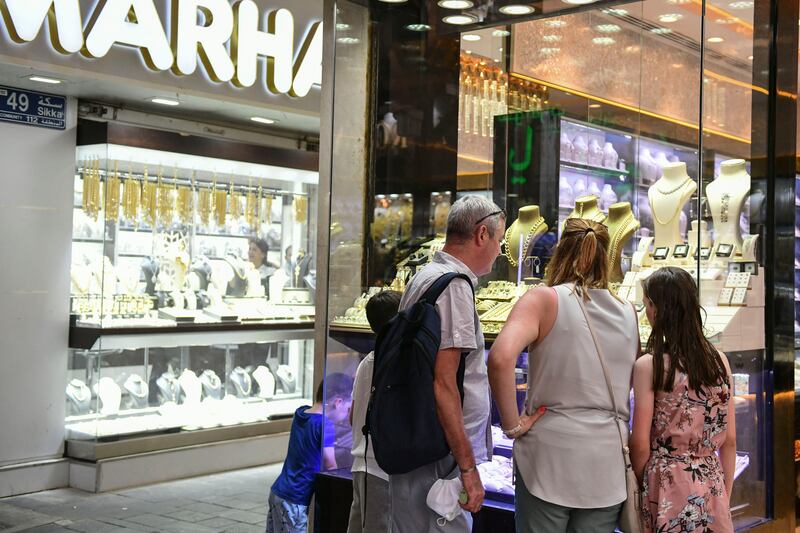Central banks’ appetite for buying gold stayed low throughout last month, as global reserves increased by a net 20 tonnes, the World Gold Council has reported.
The net increase in August was below the 37-tonne rise recorded in July.
“Gold-related activity among central banks was muted in August; only a handful of banks meaningfully contributed to the overall monthly total,” said Krishan Gopaul, senior analyst at WGC.
“Three banks published an increase to their gold reserves by a tonne or more, while there were no notable sellers by the same measure in the available data.”
Gold prices slipped 1 per cent on Thursday, relinquishing some gains from the previous session, as the dollar resumed its rally fuelled by expectations of more US interest rate increases.
Traditionally seen as a hedge against inflation and economic turmoil, gold prices have fallen 20 per cent since exceeding the key $2,000 per-ounce level in March, as rapid US rate raises diminish the non-yielding metal’s appeal.
Sentiment for the bullion market remains bearish as the US Federal Reserve signals it will keeping increasing rates, with holdings in gold-backed exchange-traded funds (ETFs) slumping to the lowest since May 2020, according to Bloomberg.
The central banks of Turkey and Uzbekistan were the largest buyers of bullion, adding nine tonnes of gold each to their official reserves in August, the WGC said.
Turkey, the largest gold buyer so far this year, increased its total purchases to 84 tonnes year to date, lifting its official reserves (central bank plus treasury holdings) to 478 tonnes, the highest level since the second quarter of 2020.
Uzbekistan, which added the same volume of gold in June and July, has made net purchases of more than 19 tonnes so far this year, despite having begun 2022 by selling almost 25 tonnes in the first three months, Mr Gopaul said.
Its gold reserves now total more than 381 tonnes.
Kazakhstan, which reduced reserves by 11 tonnes in July, switched to net purchases last month, incrementally increasing its gold holdings by two tonnes, the WGC said.
Meanwhile, preliminary data published by the Qatar Central Bank suggests an addition of 15.4 tonnes of gold reserves during August.
“But as the precise tonnage increase has not yet been reported in the International Monetary Fund IFS database, we have decided to exclude [it] from our data,” Mr Gopaul said.
“If confirmed, it would be the fifth consecutive month in which Qatar’s official gold reserves have risen.”
Qatar’s total gold reserves stood at 72 tonnes at the end of July, up 16 tonnes since the start of the year, the WGC said.
The Reserve Bank of India, a regular buyer of gold, has added about 27.2 tonnes to its reserves so far this year to bring the total to 781 tonnes, the council said.
Watch: Dubai's Gold Souq reopens
Dubai's gold souq reopens

Overall, a small number of central banks were responsible for the vast majority of purchases made during the first six months of the year. Turkey and Egypt were the biggest net buyers of gold in the January-June period, the WGC said.
“H1 net purchases of 270 tonnes are virtually in line with the five-year H1 average of 266 tonnes, illustrating the strength of buying amid global instability,” WGC said in its first-half report.
Meanwhile, net buying by central banks boosted global reserves by 180 tonnes in the second quarter.
In June, the Central Bank of Iraq said it had bought about 34 tonnes of gold during the month — its first significant purchase since September 2018. This lifted its reserves to a little more than 130 tonnes, the WGC said at the time.
However, global gold-backed ETFs recorded net outflows of $4.5 billion in July, as continued US dollar strength and softer inflation expectations weighed on investment activity, the WGC said last month.
North American and European funds accounted for a major share of the outflows, while gold holdings in China increased.
Although July marked the third consecutive month of outflows from global gold ETFs and the largest monthly outflow since March 2021, total holdings remain 5 per cent higher so far this year, at 3,708 tonnes worth $209bn, the WGC said at the time.
